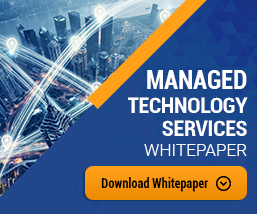What does the gig economy mean for professional services?

The gig economy is a perfect opportunity for anybody with high-paying flexible career goals.
The greatest portion of the gig economy comes from highly compensated, professional and white-collar workers. These estimated 1.1 million gig workers, who include consultants, legal counselors, designers, and IT experts. These giggers have intentionally picked this path, with some doing gig work to top them up between full-day employments. But, for most gig freelancers, along these working lines is their decision and they have no aim to ever come back to full-time employment.
Consolidating together project-specific skills doesn’t simply benefit the gig economy, however, it relies on it. Flexible freelancers, together with more agile businesses, bring huge value and complementary skills to a project. Traditional business’s struggle to recruit a similar level of talent is made easy now with the Gig employment system.
Obviously, the demand for professional services is changing and this talented pool of gig freelancers is growing. The gig economy is currently a vital part of our economy. However, instead of dragging up the negatives, we should be praising the developing skills for-the-job culture and a shift to replace the obsolete job-for-life model.
Digital freelance platforms make it for easy hiring:
Making space for contract work enables organizations to grasp readiness. While 67 percent of organizations do presently limit the number of these types of positions, as indicated by a 2016 Workforce for the Future Survey by the Aspen Institute. Having gig positions imply that they are able to onboard new talent and off-board unneeded skills without the burden of business taxes and paperwork.
Professional services – Gig Economy for the white-collar freelancer:
London Business School’s (LBS) Institute of Innovation and Entrepreneurship event on professional services and the gig economy showed that what constitutes work is changing continuously.
There are numerous sides to this story, yet there are three core motives:
- The independently-minded – the pros taking on independent work, why they do it and whether they are happy with their professions
- The connectors – the innovative platforms at the intersection of customers and very good quality freelancers, providing capable people with meaningful work
- The customers – the open-minded firms tapping an open talent market.
The best individuals will always look to work with the best associations. It’s simply that today the independently minded are on a purposeful mission and they’re practicing through and free will.
When it comes to hiring professional services on a gig workforce, work performed by highly talented freelance consultants that have a clear and recognizable endpoint, with projects normally lasting for weeks or months. Freelancers can also be hired for the same project repeatedly or for a different project once the efficiency of the candidate is known to the customer.
However, these platform-based professional services are safe and flexible for freelancers and cost-saving for companies.








